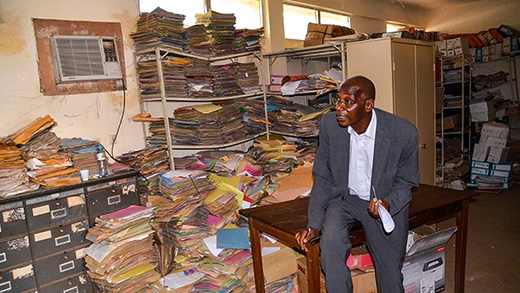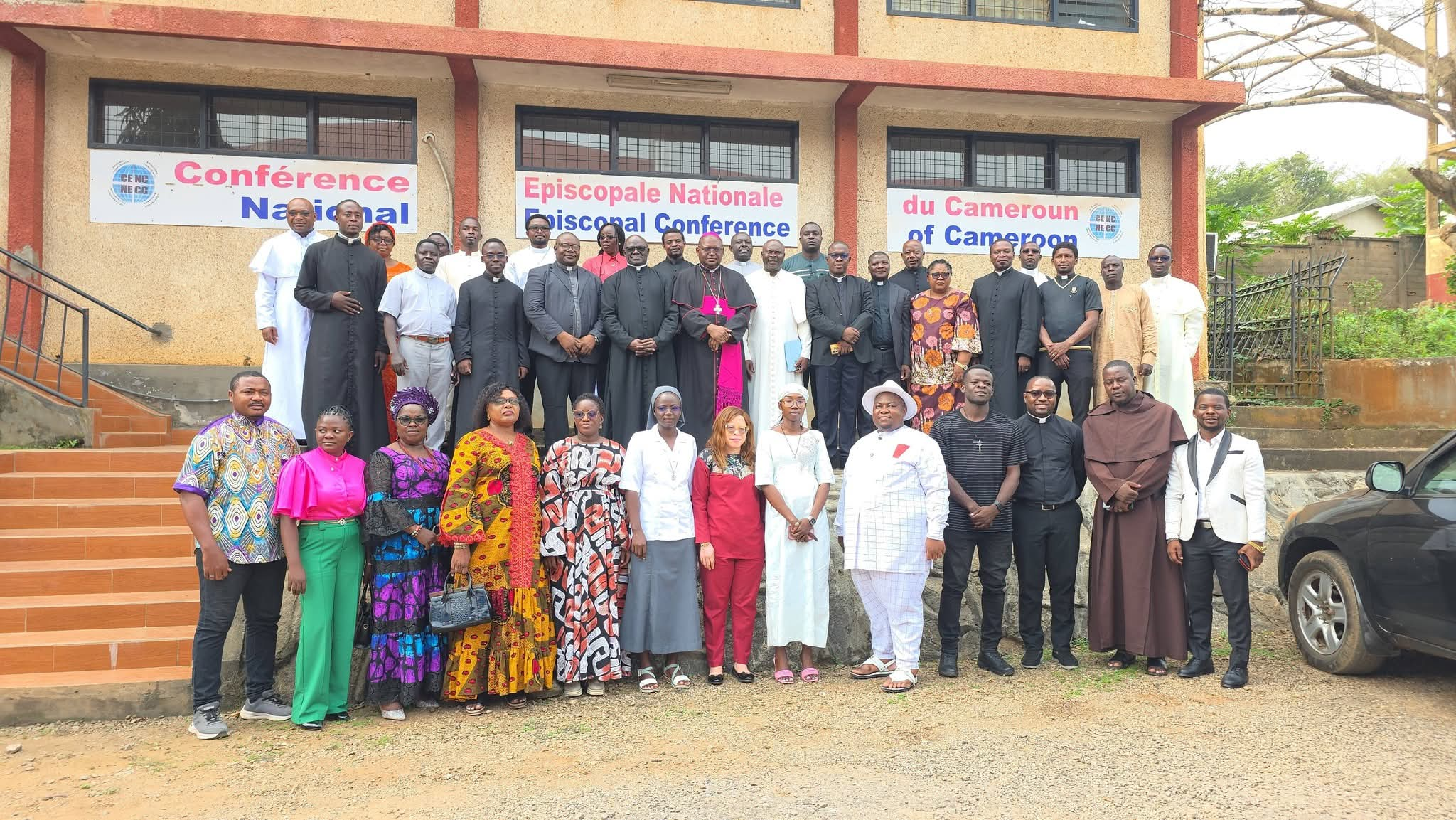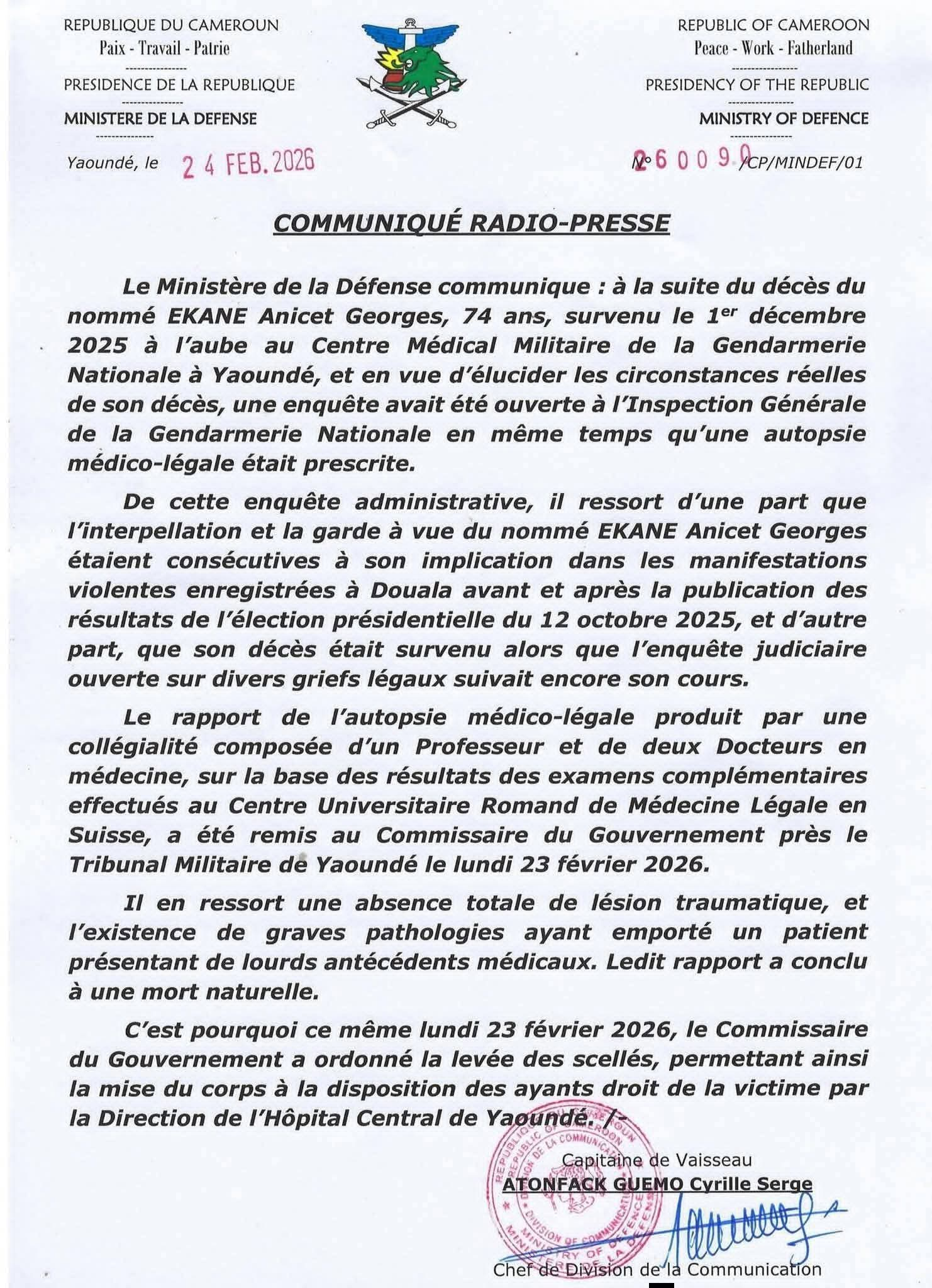Guinea’s Minister of Planning and International Cooperation, Rose Pola Pricemou, held a working session in Abidjan with her counterpart from Cote d’Ivoire on the population and housing census process (RGPH).The Ivorian Minister of Planning and Development, Niale Kaba, received in her Cabinet Mrs. Rose Pola Pricemou, who led a delegation from the Republic of Guinea, this Monday, January 30, 2023.
This visit is part of an experience sharing on the population and housing census process (RGPH). Ms. Rose Pola Pricemou said
“We came to learn from this rich experience related to the Ministry of Planning, the census and know everything that has prevailed in the success of this process, and also to ensure to avoid errors in this census,” Ms. Rose Pola Pricemou said.
“We took this opportunity to discuss the whole process, including the institutional and organizational framework, the mobilization of resources, and the social aspect related to the credibility of the operation,” Ms. Rose Pola Pricemou added.
She said that at the end of this fact-finding trip, her delegation wants to “leave with the experience” of Cote d’Ivoire with the tools used, and make sure they are on the right track, because it is a process that has already begun in Guinea since February 2022.
stressing the issue of strengthening the statistical system of Guinea, she said that her country plans to train 150 statisticians, in collaboration with the National School of Statistics and Applied Economics (Ensea) in Abidjan.
For her part, the Minister of Planning and Development of Cote d’Ivoire was satisfied and proud to share the recent successful experience of the RGPH 2021 and also the knowledge in statistical training.
Speaking about the challenges and key stages of the census process, Ms. Niale Kaba noted that “the census is a process where all phases represent challenges. First of all, the draft document (Prodoc) must be developed and ensure that it contains as few errors as possible.”
Following the example of Cote d’Ivoire, Guinea wants to conduct a census with modern means of collection, particularly through tablets. At this level, there are internal challenges and other external challenges such as the quality of the Internet network.
Ms. Niale Kaba noted the social mobilization and support of all social actors, populations, religious guides, community leaders, officials, while advising her that it is necessary to train everyone by explaining the issues of this operation.
This visit follows a previous one, which was led by the Director General of the National Institute of Statistics of Guinea, in August 2022, which helped finalize the tools and technical documents of the census.
For the Guinean Minister in charge of Planning, the purpose of this visit is to learn from the successful experience of Côte d’Ivoire, particularly in terms of census, statistical training and coordination of official development assistance.
The visit will continue with working meetings in the technical structures in charge of the census, notably the National Institute of Statistics, the Permanent Technical Bureau of the Census (BTPR) and the United Nations Population Fund (UNFPA), as well as the National School of Statistics and Applied Economics (ENSEA).




